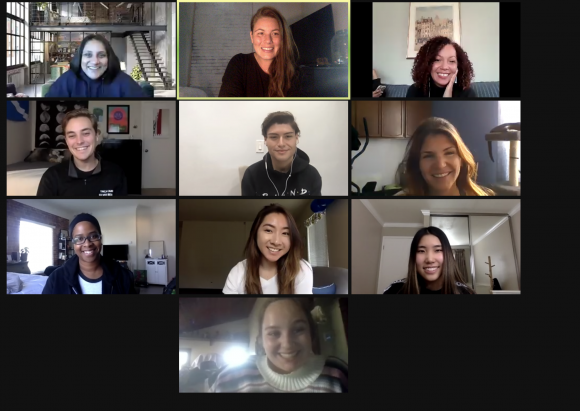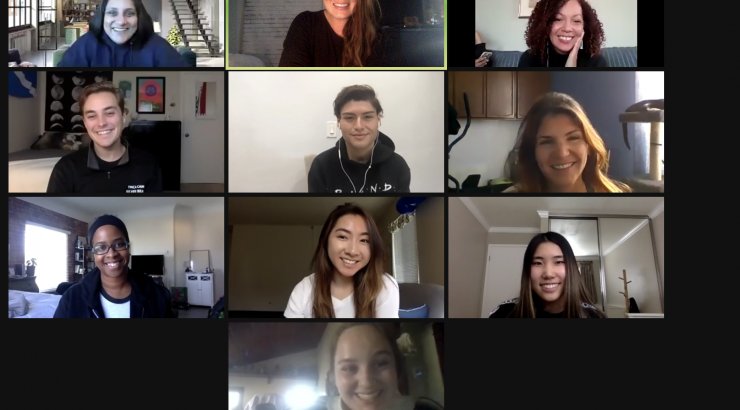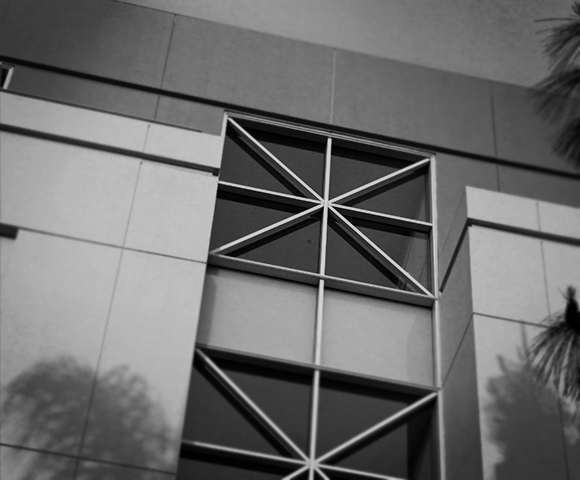Embracing Our Diversity Together The diversity, equity, and inclusion training that started at the end
December 16, 2020
It is not our differences that divide us, it is our inability to recognize , accept, and celebrate those differences.” -Audre Lorde
I’m sure many can attest to 2020 being one of the craziest and most unpredictable years in our lifetime. We have quarantined against a virus, advocated against civil injustice, and have witnessed a presidential election unlike any other while maintaining our responsibilities and doing our best to keep going in a forward motion. This year has shaken up the norm and has given us an opportunity to see things in a light that we may not have had the time or space to take in past years. People no longer want things to go back to how they were pre COVID, they want better. Don’t we all?
When Steele Viverette proposed a Diversity, Equity, and Inclusion training to the Student Advisory Board earlier this semester (Fall 2020), the board could not think of a better way to start taking steps towards improving our knowledge and toolbox to start spreading the change we want to see on our campus and in our communities. The Student Advisory Board opened up the training to all SoC students. Although the group was an intimate size, it was powerful.
The Diversity retreat started with a zoom screen full of coffee mugs and smiles. Seema and Valerie from Orange County Human Relations kindly led the retreat and began by telling our small but mighty SoC group that discussions are vital. Naturally, we all nodded in agreement.

School of Communication in the Diversity and Inclusion Training
We learned that the first step towards embracing diversity and creating a space of inclusion was to start building relationships. Over the course of the retreat, we were paired up and put into breakout rooms multiple times where we took turns sharing our experiences and listening to one another’s stories. At the end of each breakout room, we would return to the larger group and share our experience bonding with whomever we were paired with. Seema and Valerie encouraged us to speak and listen from the heart, be authentic, and to be present. The outcome was that we all had very different stories and experiences, but we all had a lot in common as well; especially regarding human dignity and core values.
The retreat was led with great questions that guided the group into some very in-depth and thought provoking conversations about gender, ethnicity, race, class (socio-economic status,) religion, ability status, citizenship status, age, and sexual orientation. Everyone has differing identifiers that make up who we are along with our differing life experiences. We discovered that we all had identifying factors that we benefit from and identifying factors that can make navigating our communities challenging. We also discussed some great questions to ask ourselves and tips we can utilize to promote inclusivity and diversity including the following:
- Work collectively to think of who is missing and who we can add to the conversation.
- Letting all know they are welcome to join the conversation is not as powerful as telling them they are wanted in the conversation.
- Instead of assuming what people need, ask what people need and how you can show support.
- We are still a community even though we may not physically be together.
- Reaching out and supporting friends and classmates to just listen can really make a big difference.
- What is our duty and responsibility to better our community and what does that look like?
I am grateful for the opportunity I had to gain perspective, build relationships, and empower myself to be able to start a ripple of the change I want to see. While reflecting at the end of the retreat a fellow board member Christine Lim shared,
“What resonated with me most is that this training is not the end of the conversation, but rather the beginning, and analyzing where our school currently falls on the scale of diversity is important to recognize as our first step to foster a more welcoming and inclusive campus.”
Creating conversation and sending meaningful messages are some of the finer skills our School of Communication family has. Using our skills to better our community can make a world of difference on a communal and global level. If we look towards our faculty and alumni as leaders, and towards our peers for support, together, we can send a big message.

